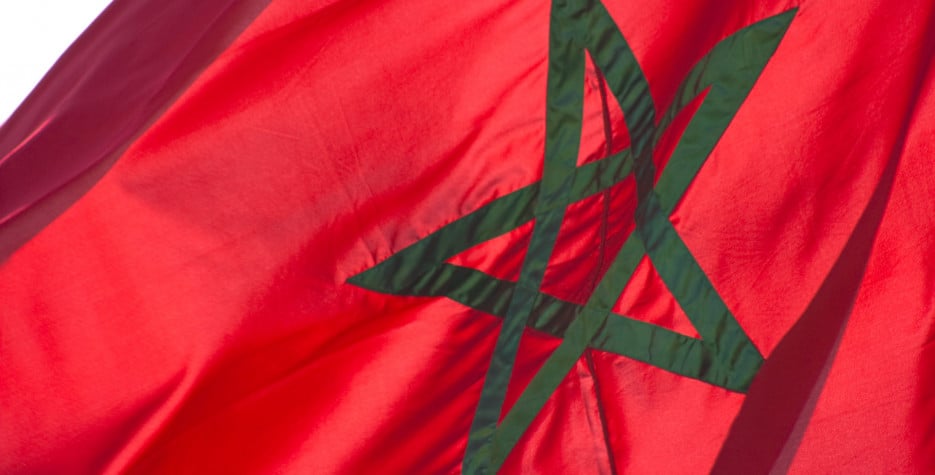When is Moroccan Independence Day?
Independence Day, also known as Fete de l'Independence, is a public holiday in the Kingdom of Morocco, celebrated on November 18th each year.
It is Morocco's National Day and commemorates Moroccan independence on the date King Mohammed returned from exile in 1955.
On this holiday, government institutions and banks will close. Shops, cafes, restaurants bazaars will be open and buses will run as normal.
History of Moroccan Independence Day
Since the mid-seventeenth century, Morocco has been ruled by the Alaouite dynasty. In the late nineteenth century, the influence of European powers such as France, Germany and Spain grew larger.
In 1859, Morocco went to war with Spain, and in theory, had guaranteed its independence through the 1880 Conference of Madrid. Despite this, the French gained an increasing influence in Morocco. Germany tried to counteract this influence by showing support for Moroccan independence, a move intended to agitate the French and British, which it did. So much so, that on December 3rd 1912, Morocco was made to accept a treaty that made it part of a French Protectorate, with part of Northern Morocco coming under Spanish control.
While the treaty did not mean that Morocco was no longer a sovereign state and that the Sultan remained the country's leader, in reality, the country was ruled by a colonial administration.
In 1953, King Mohammed V had been exiled to Madagascar as tensions within Morocco grew with a rising call for independence.
Exiling such a well-respected Sultan only had the effect of uniting Moroccan opposition to French control, and on November 18th 1955 King Mohammed V returned from exile to lead negotiations that led to the formal independence of Morocco a year later.
The kingdom gained independence from French colonial rule on March 2nd 1956, and from Spain on April 7th of the same year.
Until the early 1960s, Morocco celebrated its Independence Day on March 2nd. When King Mohammed’s son, King Hassan II, inherited the throne in 1961, he officially changed the date of Morocco’s Independence Day to the anniversary of King Mohammed’s return from exile as a tribute to his father.
The day is marked by parades. The crowds will be fed by street vendors who will sell favourites like bowls of babbouche (snails in broth) and harira (tomato, lentil and chickpea soup), as well as sweets like chebakia (fried sesame and honey cookies) and sfenj (a fritter-like donut).
At home, Moroccans can watch TV documentaries about the people and events that led to the country's freedom, and citizens honour those who struggled for freedom.


